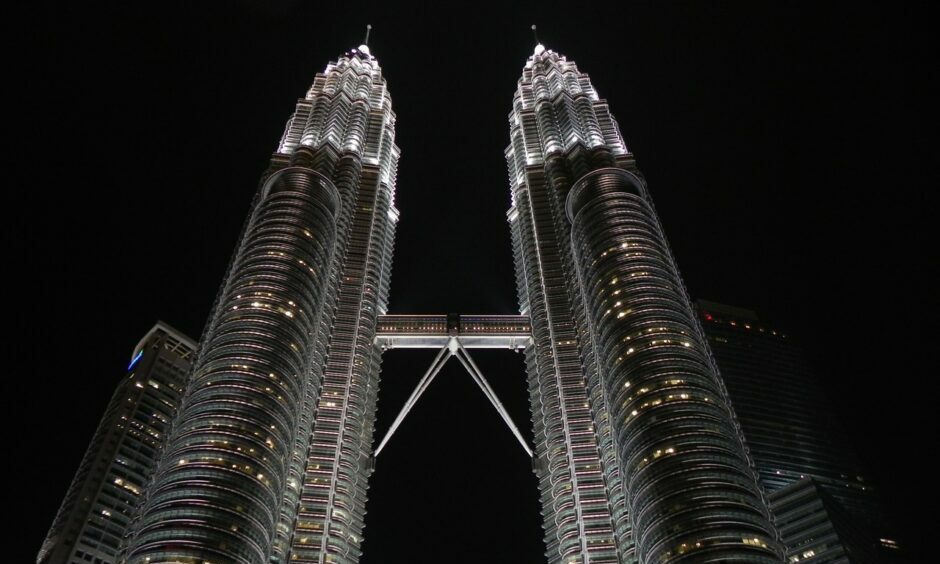Malaysia on Friday sought to put government-backed venture capital (VC) agencies such as Malaysia Venture Capital Management (MAVCAP) and Penjana Kapital under sovereign wealth fund Khazanah Nasional Berhad.
The decision, which was announced as part of the national budget, will help the country enter the league of the top 20 startup ecosystems in the world by 2030, Prime Minister Anwar Ibrahim said.
MAVCAP has a portfolio of about $1.06 billion, with past investments in 500 Southeast Asia, Gobi Partners, and Singapore-based Lunex Ventures. It was previously under the the country’s Ministry of Science, Technology and Innovation (MOSTI).
Meanwhile, the first and only fund of Penjana Kapital, which was previously under the Ministry of Finance, was closed in December 2022 at $270 million.
“The country’s goal to be in the top 20 startup ecosystems in the world is ambitious, but there are still too few details to judge how it will be achieved. They also did not announce what sort of metrics they are looking at or what index they’re looking at,” a top executive at a Malaysian venture capital firm told DealStreetAsia on the condition of anonymity.
In its budget announcement, the government also said that it has allocated 28 million ringgit ($5.92 million) for the upgradation of a startup ecosystem directory called MYStartup that is being run under MOSTI.
The initiative is aimed at optimising the usage of funds amounting to 200 million ringgit ($42.3 million) placed under various funding agencies and venture capital companies.
DealStreetAsia had earlier reported how Malaysia has an array of government agencies with similar objectives criss-crossing the country’s investment landscape, which has led to overlaps and inefficiencies in the usage of capital and resources.
The budget also included a refresh of previous initiatives, such as a commitment from government-linked companies (GLCs) and government-linked investment companies (GLICs) to invest up to 1.5 billion ringgit ($320 million) in startups that are in “high-growth, high-value” fields such as the digital economy, space technology, and electronics and electrical.
Last year, the country’s GLCs and GLICs had committed 1.3 billion ringgit to food security startups.
However, the country has also decided to implement a capital gains tax on the sale of unlisted shares at a rate of 10% of net profit from March 1 next year.
“The government is also considering the exemption of capital gains tax on the disposal of shares related to certain activities such as approved initial public offering (IPO), internal restructuring, and venture capital companies, subject to specified conditions,” the PM said.
Currently, VC funds in Malaysia enjoy an exemption on all sources of statutory income for a period of five years or the remaining life of the fund in question, whichever is shorter.
“Foreigners who want to open businesses in Malaysia will be at a disadvantage when they want to exit the business,” the VC executive quoted above said, adding that this may discourage non-Malaysians from starting a business in the country, especially since neighbouring Singapore has no capital gains tax and is recognised as a more established startup ecosystem.
The government, however, said that angel investors will still be able to enjoy their current tax incentives.
It has also chosen to relax the conditions on an initiative called Malaysia My Second Home (MM2H), which is meant to attract foreigners—including investors—to live in Malaysia on a long-term basis. The details were not disclosed.
The government had tightened norms for MM2H applicants in 2021, increasing the minimum threshold for permanent savings to 1 million ringgit (up from 300,000 ringgit), liquid assets to 1.5 million ringgit (previously 500,000 ringgit), and monthly offshore income to 40,000 ringgit (up from 10,000 ringgit).
“The improvement in MM2H is expected to increase investment activity in the Malaysian financial market and the country’s real estate industry,” Anwar said.



